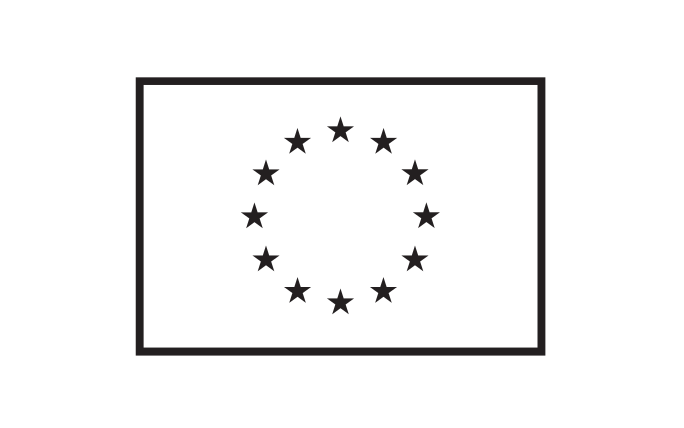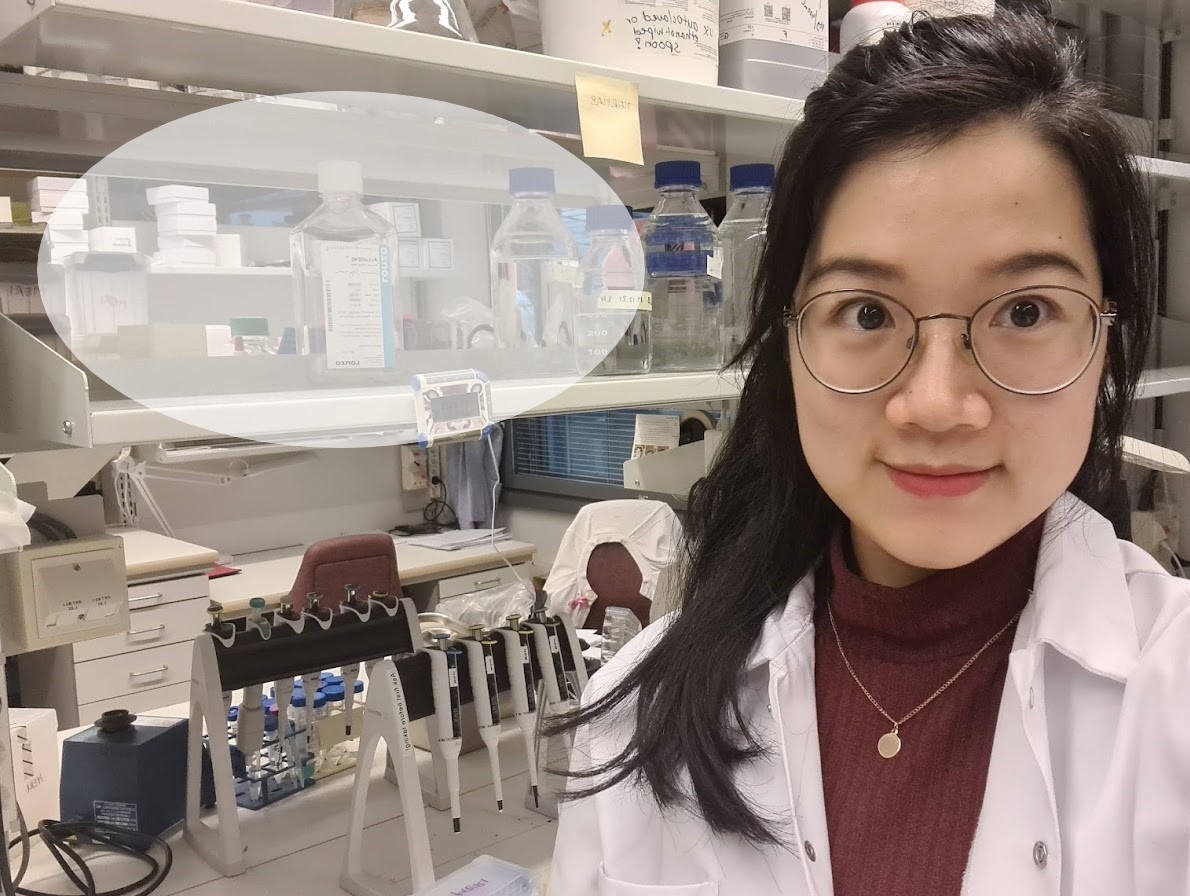The complement system is a part of our innate immunity and plays a crucial role in defending against pathogens. However, as bacteria strive from being eliminated by our immune system, they have evolved with various immune evasion mechanisms, including escape from the complement system. Synthesis of capsule is a primary virulence mechanism that bacteria exploit to prevent complement deposition and opsonization. Furthermore, production of complement degrading proteins, such as PtgE in Salmonella enterica, and acquisition of factor H or C4BP have been identified in a number of bacteria strains, which have prominent roles in circumventing complement-mediated killing of gram-negative bacteria. The fact that there is a lack of novel antibiotic classes and the concurrent emergence of multi-drug resistant (MDR) strains, can further complicate opportunistic infections. This emphasizes the importance of expanding our knowledge in complement evasion mechanisms in gram-negative bacteria, which will provide insights into developing alternative therapeutic methods.
It has been revealed that the use of passive antibody therapy has a potential to prevent and treat infectious diseases by activating the complement system and promoting phagocytic clearance of microorganisms. Thus, it is conceivable that developing pathogen-specific hyperimmunoglobulins (HIG) through screening IgG donors, is one possible means of therapy for MDR bacterial infections. Particularly good targets for immunotherapy would be bacterial complement inhibitors, since antibodies against them could neutralize their effect and sensitize the bacteria to complement killing.
In this project, we aim to identify and characterize complement evasion proteins in opportunistic and MDR gram-negative bacteria. Furthermore, this PhD project aims to develop specific antibodies or polyclonal HIG, which will be evaluated for their potential to therapeutic applications in infectious diseases that are caused by opportunistic and MDR bacteria.






